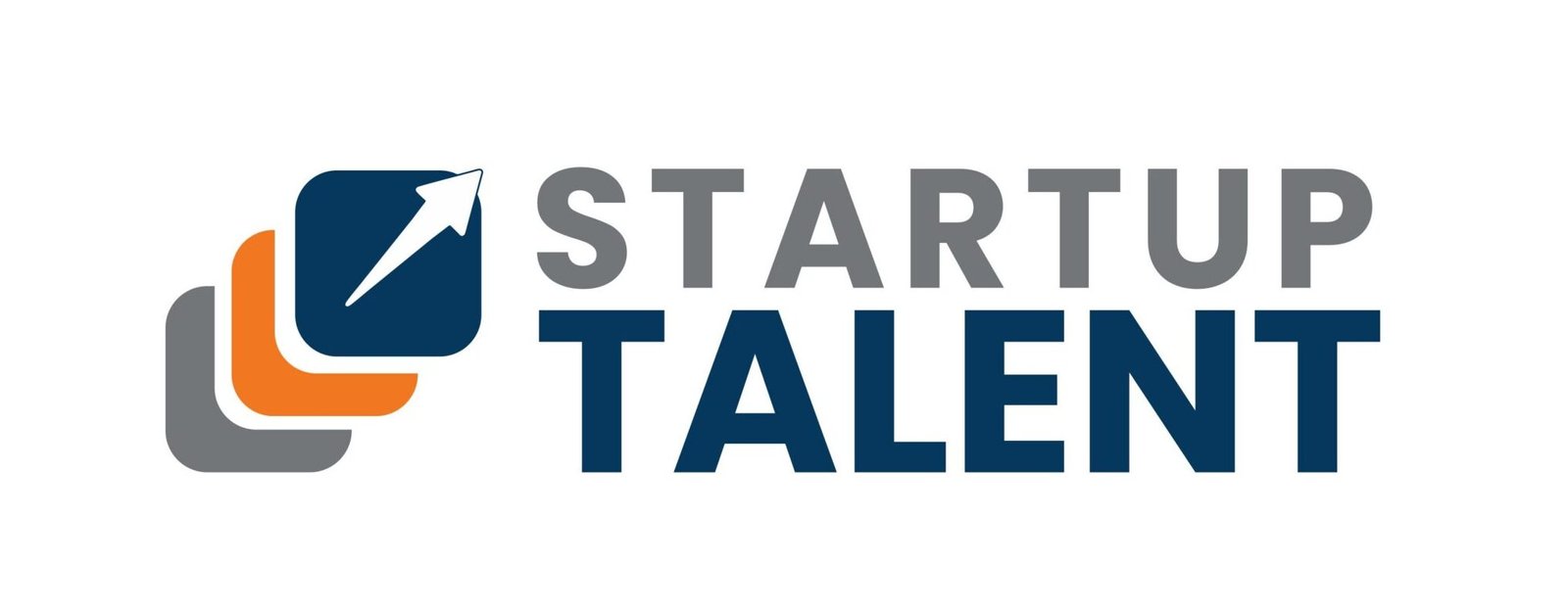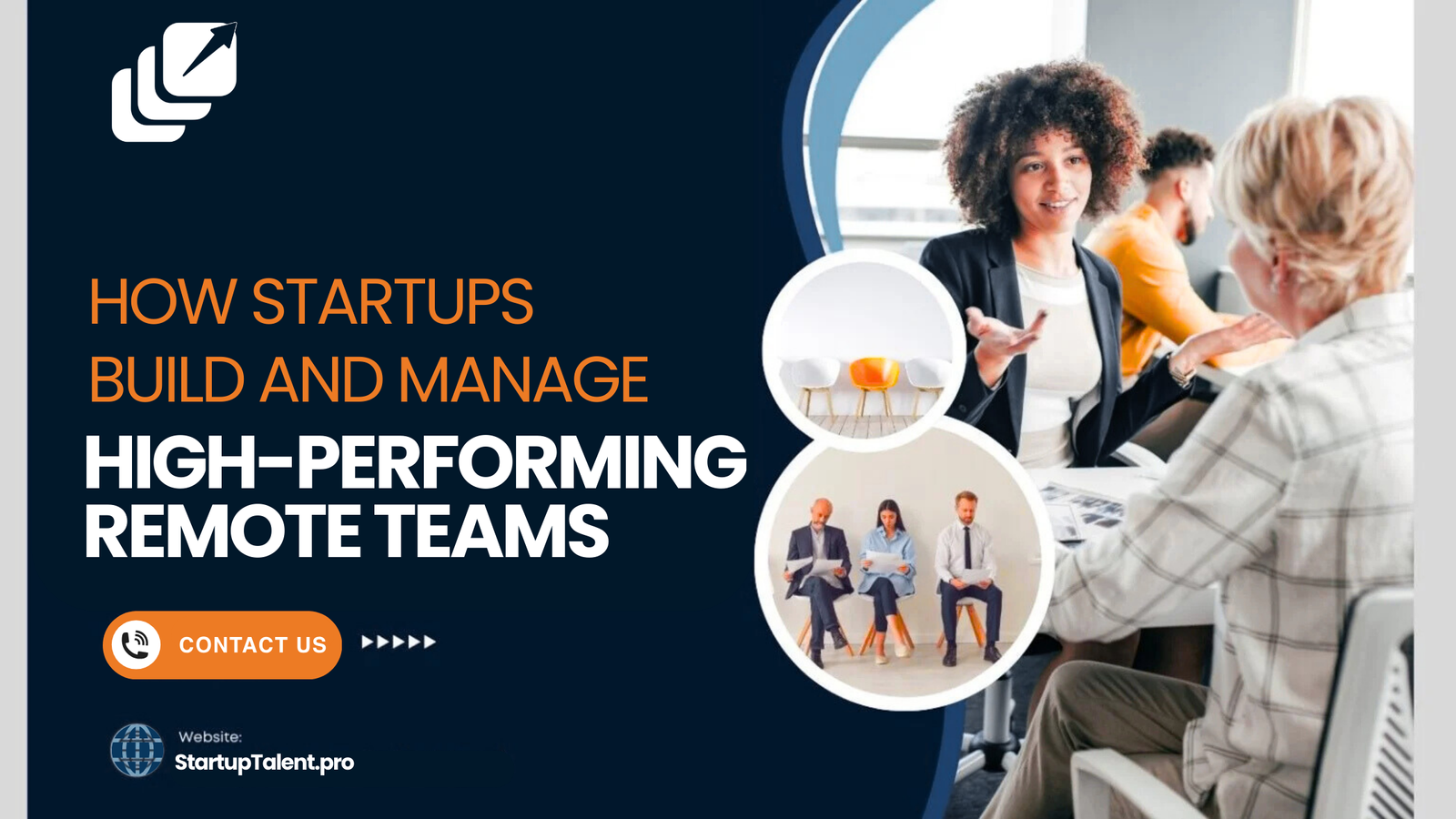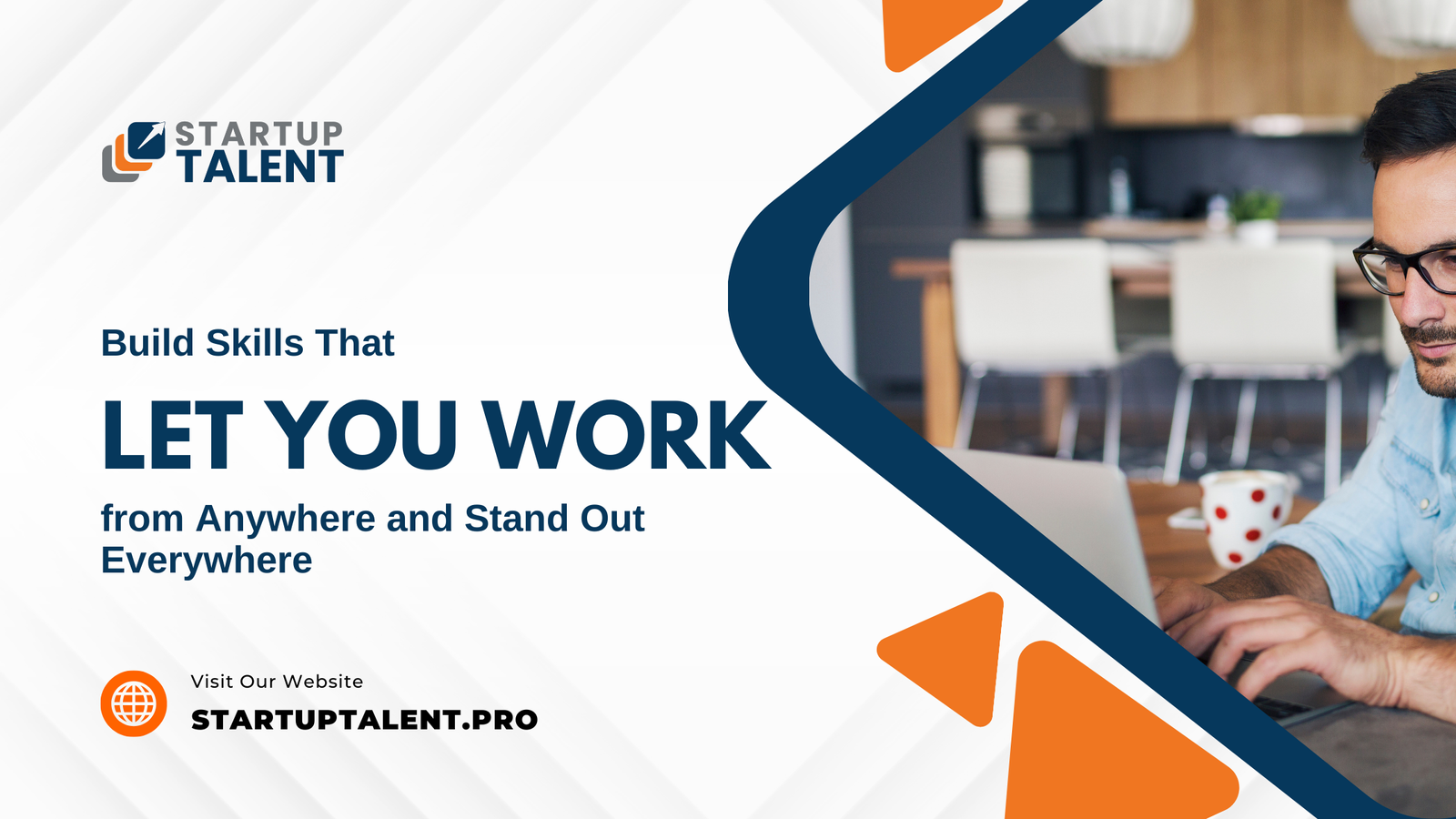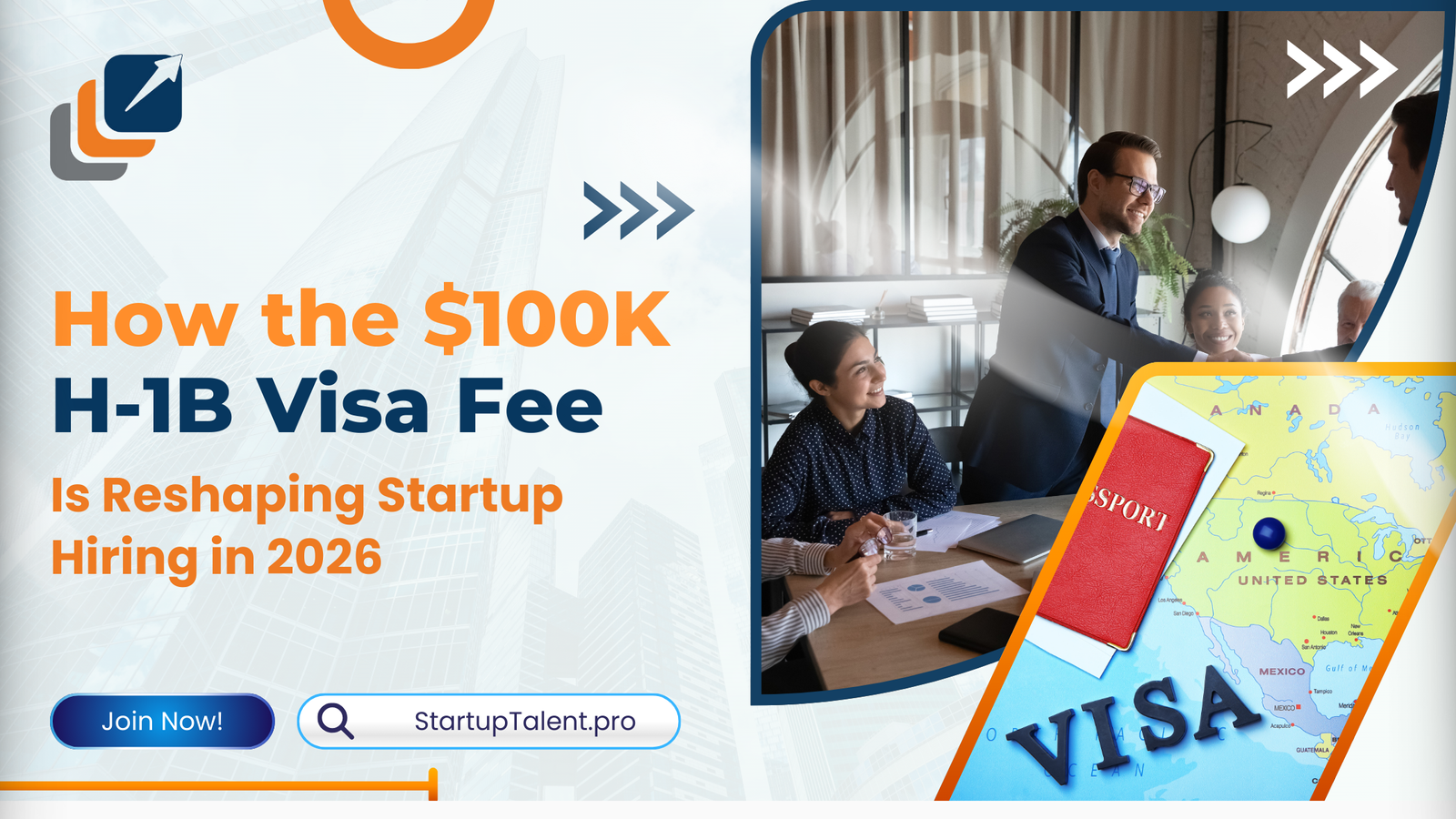The hiring world in 2025 is no longer job boards and résumés. Artificial Intelligence (AI) is transforming each phase of the hiring cycle—from sourcing and screening to engagement, onboarding, and even retention at lightning speed. What took human effort weeks to do now can be streamlined in hours with intelligent systems that learn, adapt, and scale.
In this blog post, we are discussing how AI is changing end-to-end Recruitment Solutions that enable better hiring decisions, and experience for both recruiter and candidate.
1. Intelligent Talent Sourcing
AI is turning dormant talent databases into active talent pipelines. Intelligent sourcing tools are currently searching and scanning millions of online resumes and internal talent pools, as well as job boards, to identify candidates who haven’t applied, but match perfectly.
These tools use:
Natural Language Processing (NLP) to read job descriptions and map against candidate profiles.
Boolean automation that constructs sophisticated search queries quicker than any human recruiter.
Predictive analytics indicate which candidates are most likely to respond or make a career change.
Software such as HireEZ, Entelo, and SeekOut already assist recruiters in connecting with previously inaccessible talent with astounding accuracy.
Automated Screening with Less Bias
Screening resumes typically proves to be the most labor-intensive process for HR departments. Recruitment automation technology does this work automatically using AI-based tools to:
Parse resumes and sort out candidates according to job suitability.
Evaluating skills with built-in AI-based tests or asynchronous video interviews.
Eliminating unconscious bias through anonymizing demographic information throughout the screening procedure.
For instance, platforms such as Pymetrics utilize neuroscience-based games and algorithms to analyze a candidate’s thinking and emotional characteristics, providing an unbiased perspective beyond the resume.
2.Conversational AI for Candidate Engagement
Today’s candidates expect fast response times and insights – and AI is helping recruiters to meet that urgency.
AI chatbots and virtual assistants can:
Provide answers to FAQs about the job and company.
Schedule interviews in real time.
Guide candidates unlike any before with every step of the application path.
Platforms like Paradox’s Olivia or XOR.ai are changing how candidates communicate with employers, building always-on support systems interacting with the best of the best talent 24/7, even before the recruiter gets involved.
3. Tailored Testing and Interviewing
Artificial intelligence is transforming pre-hiring tests to be more intelligent and interactive:
Dynamic testing is adapting the level of difficulty according to the answer of candidate.
AI-calibrated video interviews utilize tone, speech patterns, and facial expressions (within ethical guidelines) as an input for soft skills.
Some companies incorporate structured interviews using AI review, allowing recruiters to develop more sophisticated candidate insights early on.
4. Data-Driven Decision Making
AI does not just make the hiring process quicker; it makes it smarter. Intelligent recruitment platforms offer:
Historical performance and cultural match-based hiring predictions
Hiring funnel performance, drop-off rates, and time-to-hire dashboards in real-time
Attrition risk analysis to determine which candidates are most likely to remain in the long term
These reports assist HR teams in optimizing their strategies and aligning hiring activities with overall business objectives.
5. Smarter Onboarding with AI Assistants
The hiring process doesn’t conclude with the offer letter. AI is now streamlining the onboarding process through:
Customized onboarding timelines
Automated document gathering
Virtual training assistance through AI-powered learning management systems
This facilitates a seamless transition for new hires, increases engagement from day one, and decreases early turnover.
6. Ongoing Feedback & Retention Indicators
Innovative recruitment solutions are leveraging post-hire analytics:
Employee feedback sentiment analysis
AI surveys to evaluate cultural fit and engagement
Early warning systems for flight risk detection
By linking recruitment data to employee performance and retention trends, businesses can construct more enduring and strategic hiring processes.
7. AI, Ethics and Compliance
As AI accepts more of the responsibility of decision-making, it raises ethical concerns. Ethical recruitment firms are beginning to implement:
Transparent AI Models
Bias Auditing
GDPR and DEI compliance checks
Trust in 2025 is every bit as important as technology. Organizations must list explainable AI on their agenda as a fair, accountable, and legally defensible process.
Final Thoughts
AI has evolved from a recruiter assistant to a sophisticated recruitment strategist. AI is no longer a replacement for manual labor; it is supporting human judgment, improving candidate experiences, and aligning talent recruitment with business outcomes.
However, successful implementations of AI are not merely a result of employing the latest technology. They come from human compassion and empathy that drives the use of technology, ethical data use, and a combination of automated decision-making along with human considerations.
If you’re not implementing AI already to support your recruitment process, now is the time! The future of hiring is not about filling positions; it is about finding great people, faster and fairer than ever.

Anshuman Sinha is the Co-Founder & CEO of Startup Talent, where he helps startups build high-performing teams that scale with speed and intent. A seasoned entrepreneur, angel investor, and ecosystem builder, he brings deep experience across talent strategy, founder advisory, and early-stage growth. Anshuman is also associated with platforms like Startup Steroid and works closely with founders and investors globally, focusing on execution-driven hiring, strong culture, and long-term value creation.






